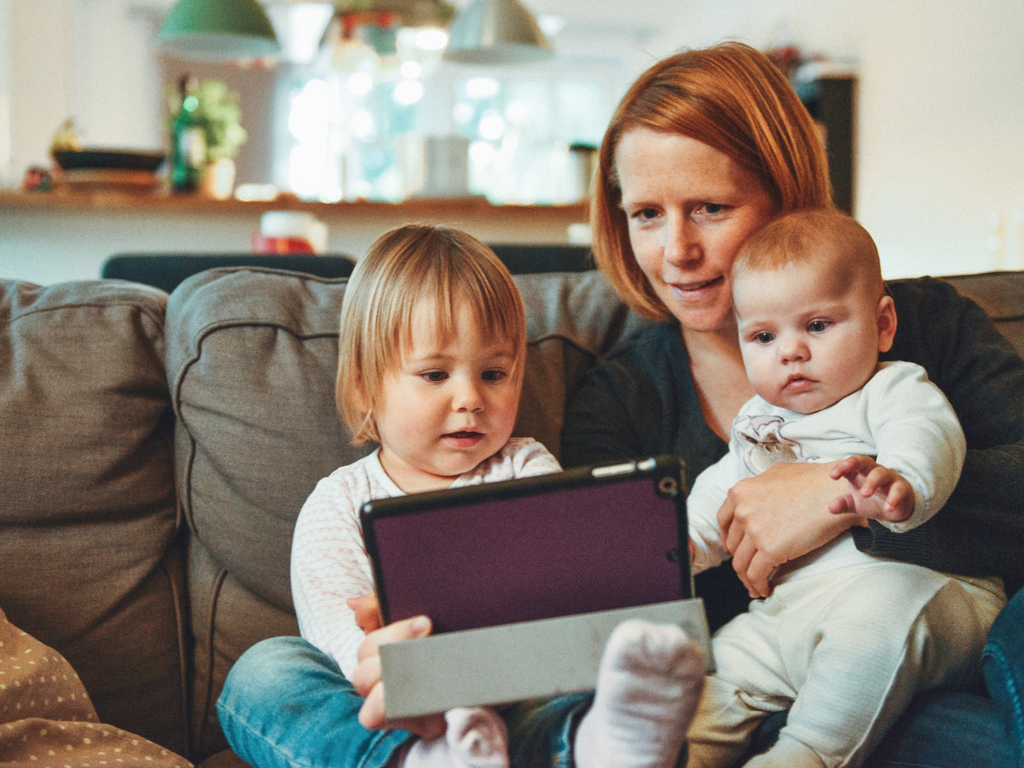
Learn what contact time with family is and how you can make it a positive experience for a child.
Caring for a child that isn’t your own, doesn’t automatically give you parental responsibility. Here’s information on what parental responsibility entails and how to apply for it
This advice applies to: England and Wales
We’re running a series of online workshops on formalising your kinship care arrangement. This workshop covers what parental responsibility means and how the different kinship arrangements impact the decisions you can make for your kinship child. These are free and aimed at kinship carers living in England.
Click on the link below to take you to the section you'd like to read:
If you are a family member or friend who steps up, often during an unexpected crisis, to care for a child when their parents aren’t able to, you are defined as a kinship carer. As a kinship carer, you do not automatically have parental responsibility for the child you are caring for.
Parental responsibility is the rights, duties, powers, responsibilities and authority which a parent has in relation to a child and his or her property.
Any person with parental responsibility has a duty to the child, or children, in their care to:
You might see parental responsibility referred to as PR.
A mother has parental responsibility for their child from birth. A father has parental responsibility if:
If you don’t automatically have parental responsibility, you can apply to the court to get it.
If you don’t have parental responsibility, it can make everyday decisions for the child difficult – depending on your relationship with the parents. You may struggle to come to agreements with the parents, or need regular contact to get their consent, such as for school trips or medical treatment.
When you have a special guardianship order or child arrangements order in place, it means that you share parental responsibility with the parents and possibly the local authority.
If you are a grandparent, close relative or friend who has stepped up to raise a child who is not your own, there are two types of legal order that you can apply for that will give you parental responsibility – special guardianship order and child arrangements order.
You will need make an application to the court. You can apply for a legal order to the family court if you meet the following eligibility criteria:
You can also apply for parental responsibility if you have the consent of:
If you don’t meet the eligibility criteria above, you can still make an application to the court. We’d recommend getting legal advice in this case.
Special guardianship orders and child arrangements orders leave existing family relationships intact. The birth mother and father are still legally the parents.
Special guardians can make all day-to-day decisions concerning the child without having to discuss these decisions with the birth parents.
Although a special guardian has enhanced parental responsibility, they will still need the consent of other people with parental responsibility (such as the child’s mother or father) in some situations. For example, if they wish to remove the child from the country for more than three months or to change the child’s surname.
Under a child arrangements order, you share parental responsibility with the child’s parents until the child is 18 years old (unless the family court states otherwise). You will make most day-to-day decisions for the child, such as going on school trips, but you will need to get consent from the child’s parents to make major decisions about their care.
Here at Kinship, we offer a range of free support for all kinship carers, including workshops, online advice and information, and support groups.
To find services, information and support in your local area, including information about your local children’s services, use our Kinship Compass tool.
You can also contact the Kinship advice team for free, non-judgmental advice and information if you live in England or Wales.
Sign up for emails to keep up to date with the information that’s important to you, from support and advice for kinship carers, to our latest news, events and campaigns.